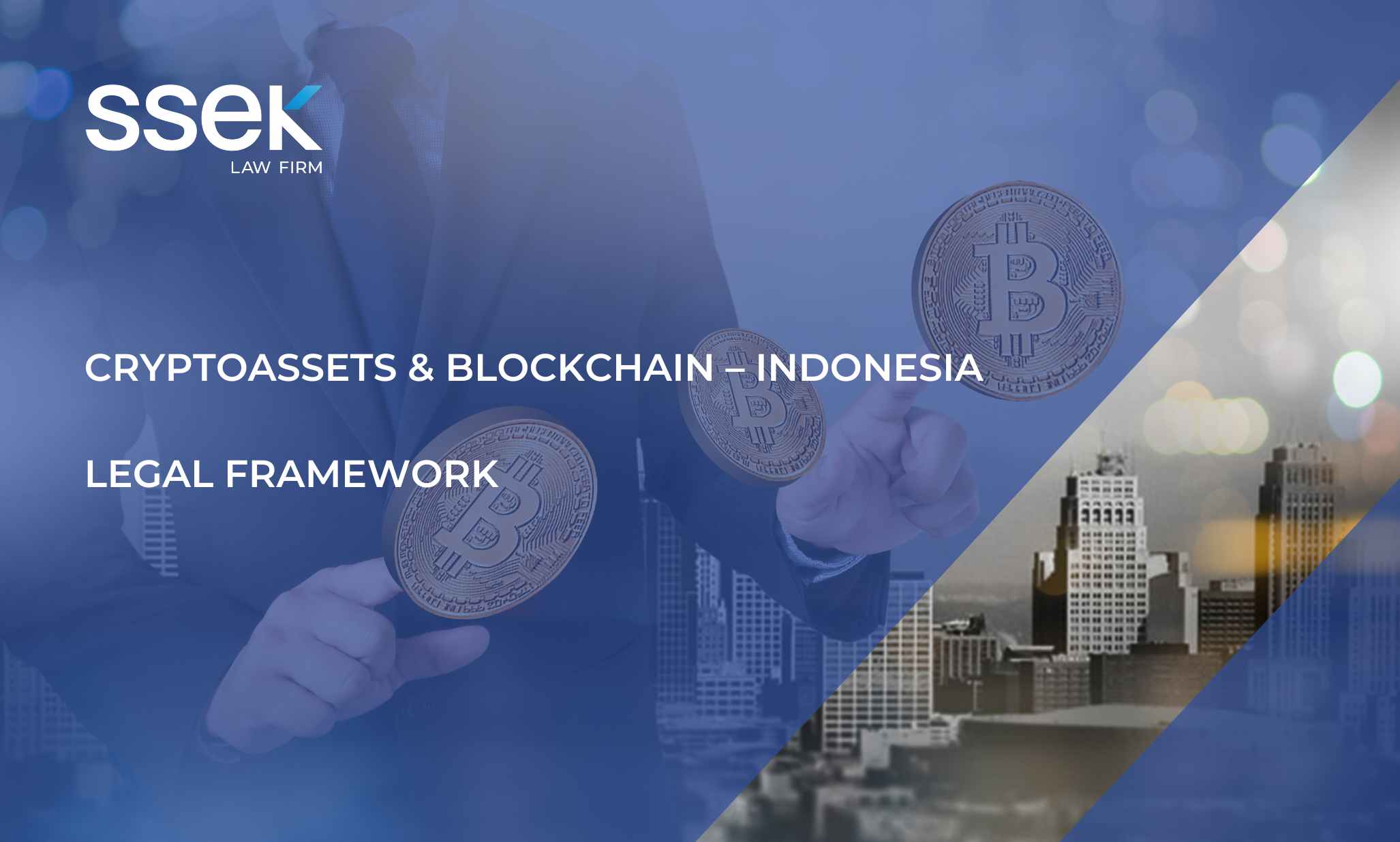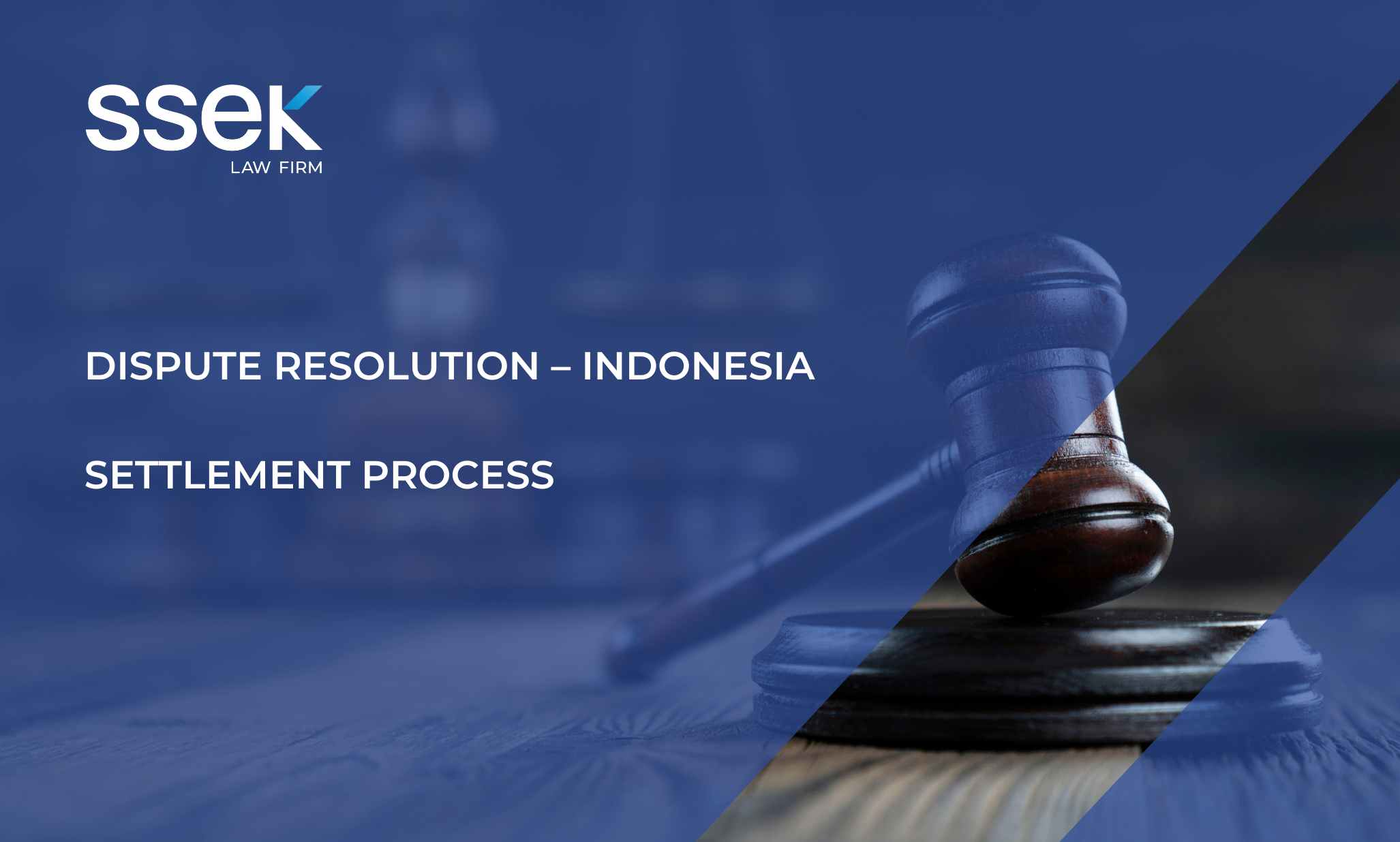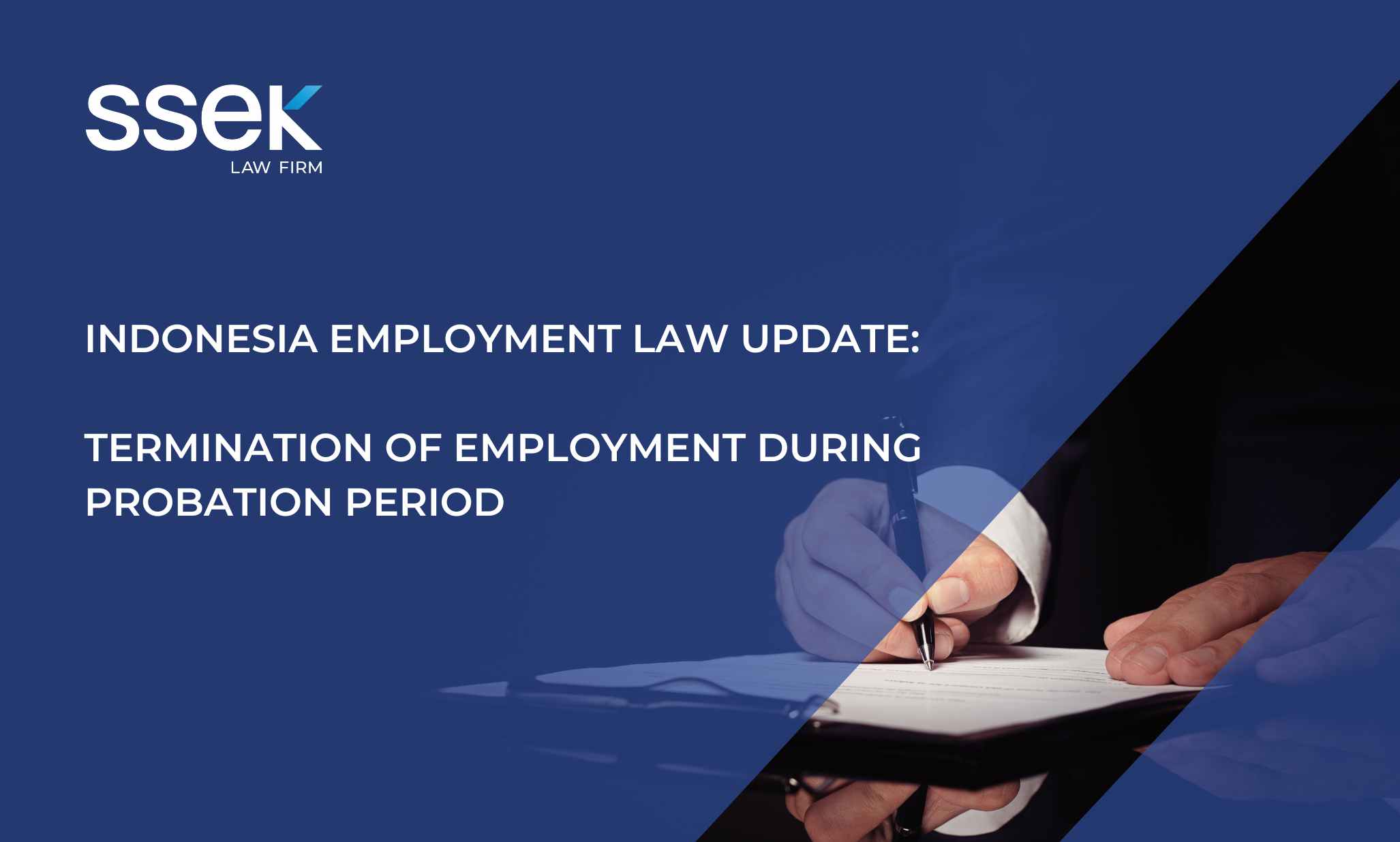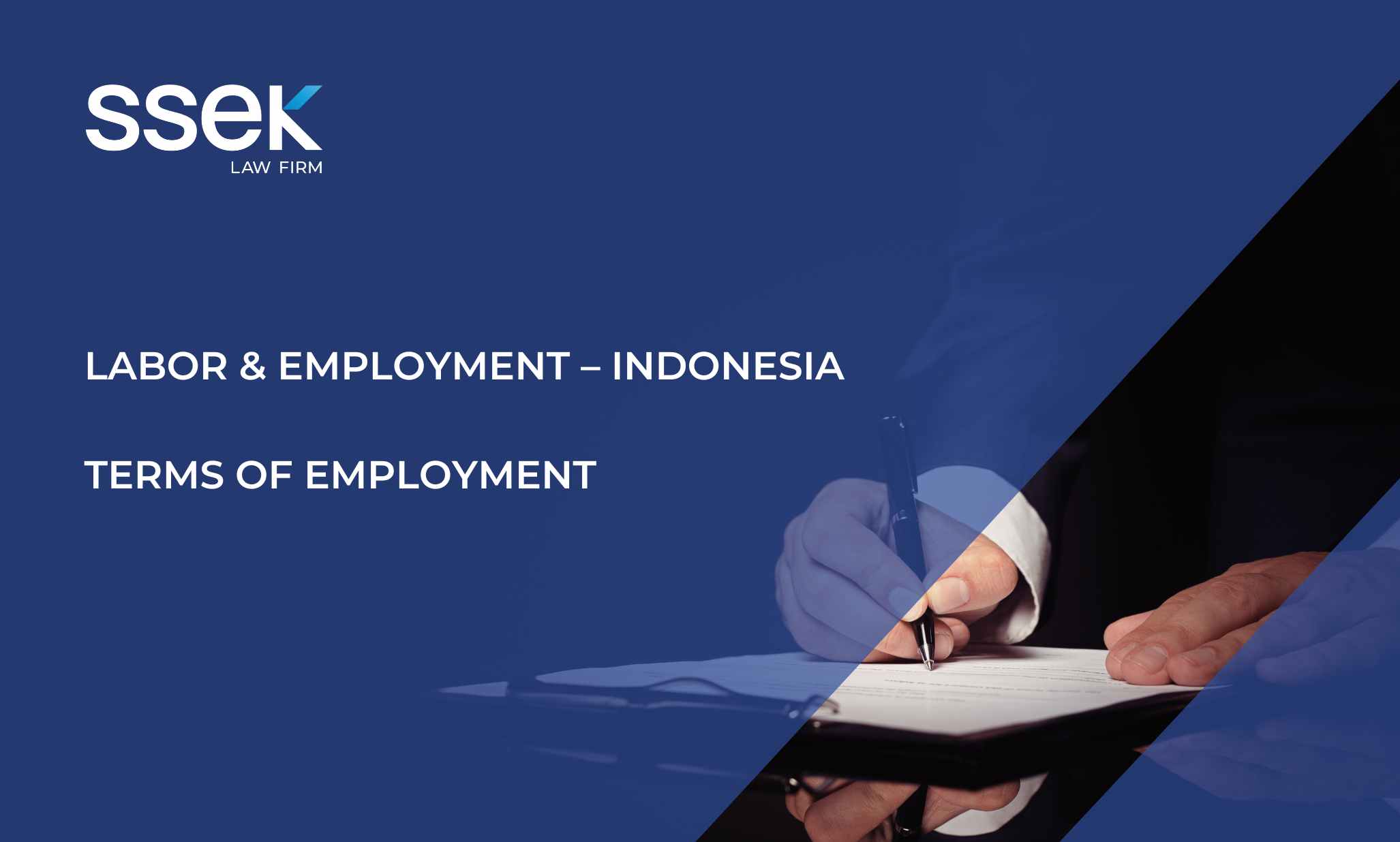

Indonesia's closely watched omnibus jobs creation bill became law on November 2. The stated aim of Law No. 11 Year 2020 on Jobs Creation (the "Omnibus Law") is to bolster investment and create jobs by streamlining regulations and simplifying the licensing process from the ministries to the central government to improve the ease of doing business in Indonesia.
The Omnibus Law revises various provisions in cross-sectoral laws, including Law No. 36 of 1999 on Telecommunications ("Telecom Law"), Law No. 32 of 2002 on Broadcasting ("Broadcast Law"), and Law No. 38 of 2009 regarding Post ("Post Law").
We look at the main changes under the Omnibus Law and their potential impact on the postal, telecommunication and broadcasting sectors.
A. Postal
Foreign postal operator requirements
The Omnibus Law amends the relevant provision of the Post Law that sets out the requirements for foreign postal operators to do business in Indonesia. Now, the Omnibus Law stipulates that the requirements for foreign postal operators will be further regulated in a Government Regulation. The Omnibus Law also removes the requirement that foreign postal operators cooperate with domestic postal operators, as well as the requirement for postal operators obtain a license from the Minister of Communication and Informatics to be a public company.
Sanctions
The Omnibus Law adds administrative sanctions for incompliance with business licensing requirements. Previously, the Post Law only provided criminal sanctions for parties that engaged in postal business activities without a license. The Omnibus Law typically provides that administrative sanctions will be imposed before criminal sanctions are levied. We believe this is to support business actors and give them the opportunity to get in compliance with licensing requirements instead of immediately hitting them with criminal sanctions.
B. Telecommunication
Mutual Spectrum Utilization
The Omnibus Law regulates that the central government can determine the mutual utilization of the radio frequency spectrum. Additionally, spectrum frequency license holders are allowed to (i) cooperate with other telecommunication operators in the use of radio frequency spectrum for the implementation of new technologies; and/or (ii) assign the use of radio frequency spectrum to other telecommunication operators, with the prior approval of the central government.
The provisions on business licensing and the utilization of the radio frequency spectrum and satellite orbits will be further regulated in a Government Regulation.
Infrastructure Sharing
The Omnibus Law requires business actors that own passive infrastructure for telecommunication purposes to give telecommunication operators access for the utilization of such infrastructure. Business actors with infrastructure other than passive infrastructure for telecommunication purposes are not required to provide such access but they may be able to provide access to other telecommunication operators and/or broadcasting operators. Such joint utilization of infrastructure shall be conducted based on a cooperation agreement between the parties.
Additionally, the central and regional governments may provide facilities and/or other considerations for telecommunication operators to commence construction of telecommunications infrastructure. They may also provide shared passive infrastructure for telecommunication operators at an affordable cost. These new rules underline the push by the government to allow and encourage cooperation between and among the government and telecommunication operators in providing telecommunications infrastructure to ensure a thorough coverage for the public.
Sanctions
The Omnibus Law adds several new administrative sanctions, in addition to the revocation of license as previously regulated in the Telecom Law. The administrative sanctions available in the Omnibus Law include (i) written warning; (ii) suspension of business activity; (iii) administrative fine; and (iv) revocation of business licensing. What this means is that, unlike under the Telecom Law, telecommunication operators that violate provisions of the law may face certain other administrative sanctions instead of directly having their license revoked.
The Omnibus Law also increases criminal sanctions for telecommunication operations without the appropriate business license, from a maximum of six years imprisonment and/or a maximum fine of Rp.600 million under the Telecom Law, to a maximum of 10 years imprisonment and/or a maximum fine of Rp.1.5 billion.
C. Broadcasting
Digital Broadcasting
The Omnibus Law requires the migration to digital broadcasting following the development of technology. The migration of terrestrial television from analog technology to digital technology, and the analog switch-off, must be completed within two years since the enactment of the Omnibus Law, i.e. by November 2, 2022. Further provisions on this migration will be regulated in a Government Regulation.
This publication is intended for informational purposes only and does not constitute legal advice. Any reliance on the material contained herein is at the user's own risk. All SSEK publications are copyrighted and may not be reproduced without the express written consent of SSEK. The contents of this publication may change subject to the issuance of any amendment of the Omnibus Law and its various implementing regulations.









